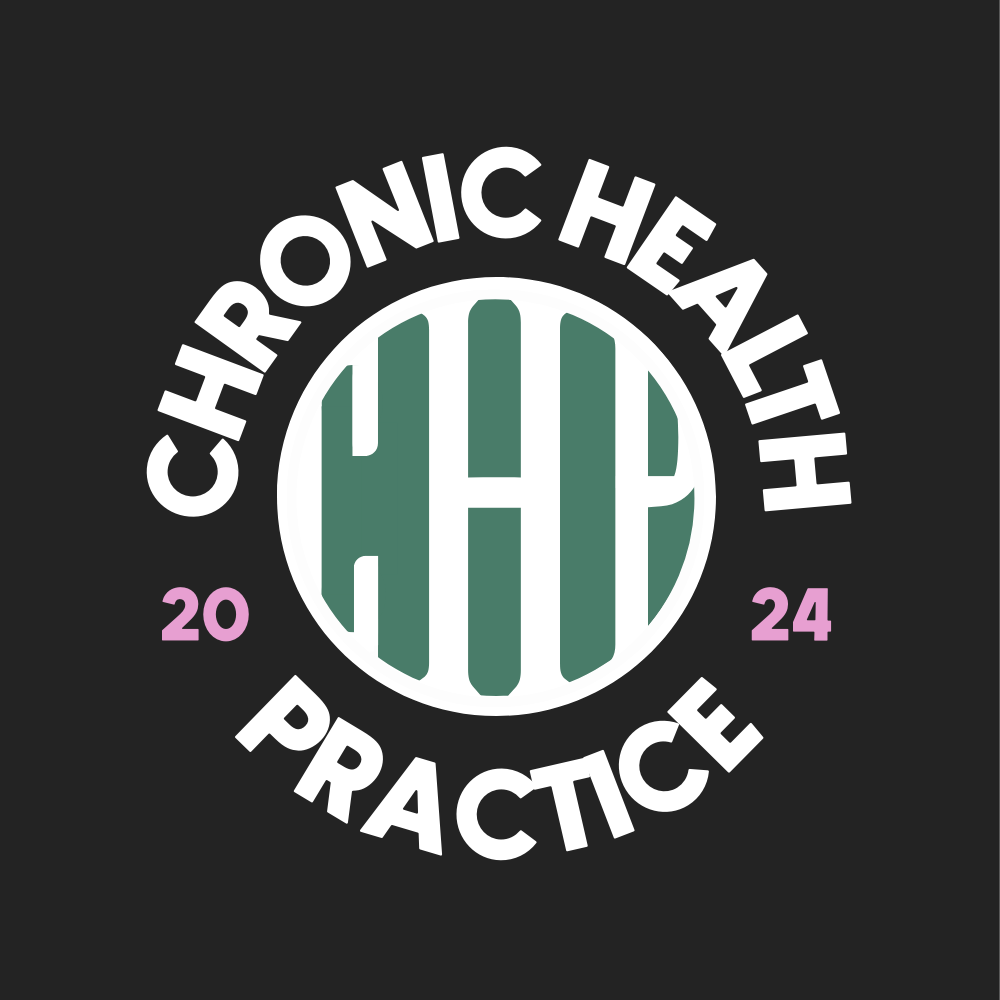Kinesiology
An Integrated Approach to Body and Mind:
Kinesiology is a form of complementary medicine that focuses on restoring balance between the body and mind. Literally, kinesiology means the 'study of movement', but in this context, it refers to the movement of energy throughout the body. The goal of kinesiology is to identify and address blockages in the physical, emotional, or mental aspects of the body in order to promote overall health and wellbeing.
One of the main focuses of kinesiology is the treatment of psychosomatic complaints, which are physical symptoms that arise from psychological or emotional disturbances, such as stress, unresolved trauma, or negative emotions. Unlike conventional treatments such as physiotherapy or osteopathy, kinesiology goes deeper to address the underlying causes of these complaints, which are often related to an imbalance between the body and mind.
How Does Kinesiology Work?
Kinesiology utilizes muscle testing as a form of biofeedback, allowing the therapist to identify underlying imbalances in the body. When light pressure is applied to specific muscles, the body's reactions, such as muscle tension, are measured. These reactions can vary depending on the client’s health status and provide insights into where blockages or imbalances are present.
Muscle testing is a powerful diagnostic tool because it helps us understand how the body responds to different stimuli (physical, emotional, or mental) and identifies the underlying causes of complaints.
Correction Techniques in Kinesiology
Once an imbalance is identified, various correction methods are applied to restore balance in the body. These techniques vary depending on the nature of the complaints and the cause of the imbalance, and they target restoring harmony in the physical, emotional, and energetic layers of the body.
-
Physical Correction Methods: These involve working with neurolymphatic and neurovascular reflex zones, where pressure is applied to specific points to improve the function of organs and muscles. Additionally, mobilization techniques, muscle relaxation exercises, and biokinetic exercises are used to enhance flexibility, strength, and relieve blockages.
-
Psycho-emotional Techniques: Since many complaints have an emotional or psychological component, techniques such as relaxation exercises, visualization, and methods like Emotional Stress Release (ESR) and coaching are used to help process emotions.
-
Nutritional Advice and Supplementation: When muscle testing indicates a nutritional imbalance, the kinesiologist may offer advice on diet or suggest specific supplements to support recovery.
-
Acupressure & Meridian Therapy: Drawing from Eastern medicine, pressure is applied to specific acupressure points or meridians to restore energy flow in the body.
-
Energetic Techniques: These involve techniques aimed at influencing the body's energy field, such as working with chakras, auras, and other energetic centers.
What to Expect During a Treatment?
I am currently enrolled in the 4-year HBO program in Psychosomatic Kinesiology, and based on this training, I offer consultations focused on restoring balance between body and mind.
A typical consultation starts with an intake conversation, where complaints and past experiences are discussed. Next, muscle testing is performed by applying light pressure to specific muscles and observing the body's reactions. This pressure is never harmful; it is a gentle, non-invasive technique used to gain insights into the body’s physical and emotional responses.
Based on the findings, various correction methods are applied, and throughout the treatment, I monitor muscle responses to assess the effectiveness of the chosen approach. Many clients experience a sense of relaxation and relief after the treatment, both physically and emotionally.
Which Issues Can Be Treated?
Kinesiology can be effective for a wide range of complaints, ranging from physical issues to emotional and mental challenges. Some common complaints that can be treated with kinesiology include:
-
Pain complaints (such as back pain, joint pain, muscle pain)
-
Stress and anxiety
-
Chronic fatigue
-
Sleep problems
-
Emotional blockages
-
Traumas and unresolved emotions
-
Hormonal imbalances
-
Immune system issues
-
Digestive problems (such as irritable bowel syndrome)
-
Hormonal imbalances (e.g., menstrual disorders)
Through kinesiology, the body’s natural balance is restored, and its self-healing ability is supported, enabling it to function optimally again.

